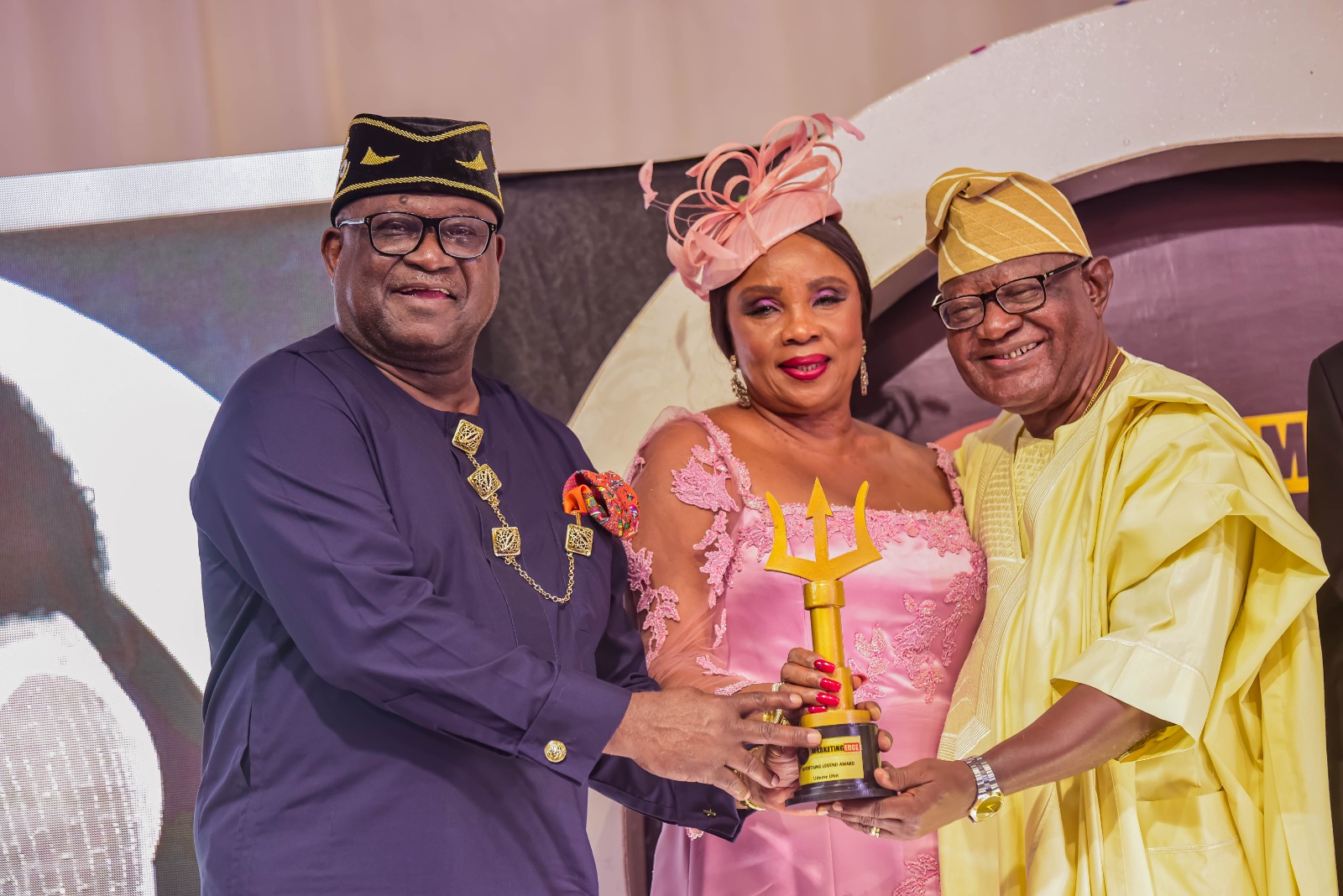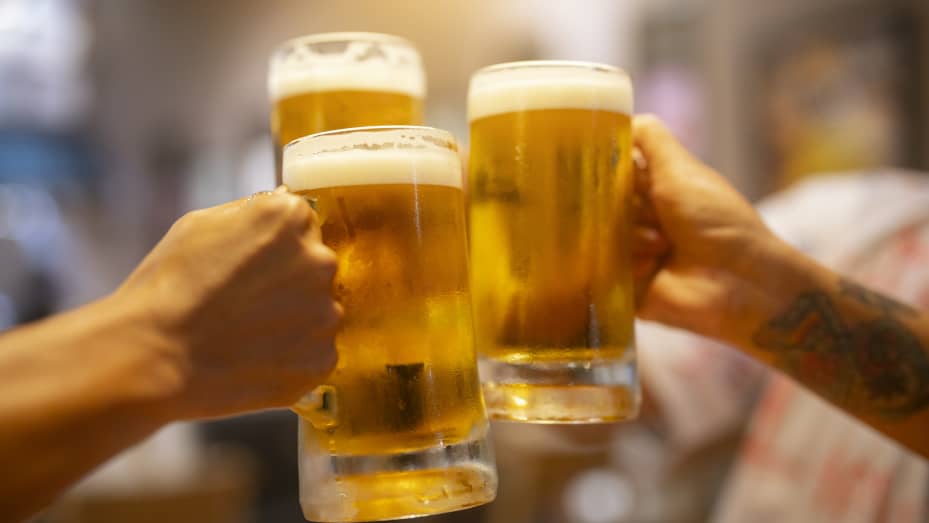WaterAid, with funding from The Coca-Cola Foundation (TCCF), has launched an 18-month project targeted at improving access to safe water, sanitation and hygiene services in four communities within and around the Maiduguri Metropolis in Borno State.
The project, titled ‘Strengthening Water, Sanitation and Hygiene Service Delivery in Borno State, Nigeria (S-WASH),’ will be managed by the Global Environment and Technology Foundation (GETF). The intervention aims to reach at least 14,000 people directly in Pompomari, Jiddari Polo, Shehuri and Goman communities in Borno State, with improved water supply service and hygiene promotion.
The S-WASH project plans to construct and rehabilitate four water schemes and provide handwashing facilities in public locations. The project will work to educate people on hygiene practices for maximizing the health benefits of safe water sources and sanitation facilities; and distribute hygiene kits to residents in the target locations and at internally displaced people (IDPs) settlements. The project also aims to support economic empowerment activities for women and youth through WASH-related business opportunities and ensure water quality by strengthening capacity of community-based management models for operations and maintenance.
To support the sustainability of the project, the project aims to train local artisans, particularly youth within the community, on maintenance, operations, and minor repairs of water supply schemes. In addition, the project seeks to train about 30 women to operate, manage, and maintain the water schemes.
The protracted insurgency and humanitarian crisis in Borno State has put a strain on the state’s resources and capacity to deliver basic services. Access to water, sanitation and hygiene services are limited and most water facilities are dysfunctional, requiring either an overhaul or the construction of new systems to meet the population’s water needs.
Evelyn Mere, Country Director of WaterAid Nigeria, said: “Equitable access to safe water, sanitation and hygiene services in Borno State has been severely hampered by the prolonged humanitarian crisis in the region. This situation exposes residents, especially women and children, to diverse kinds of risks, including the threat of attack and a higher risk of contracting infectious diseases.
“The S-WASH project will contribute to the ongoing emergency response in Borno state by addressing the challenges of water scarcity and poor water, sanitation, and hygiene services in the selected communities. Additionally, hygiene behaviour change promotion will help to control the spread of infectious diseases such as COVID-19 and cholera within the communities.
“Water, sanitation, and hygiene services are critical for upholding human dignity and well-being. These services are critical to lifting people out of poverty, unlocking their potential, and supporting them to realise their full rights. We must ensure they are available to everyone, everywhere and no one is left behind.”
In her remarks, The President of The Coca-Cola Foundation, Saadia Madsbjerg said: “Water security is a top priority at The Coca-Cola Foundation. We are therefore committed to supporting as many initiatives as we can that will reduce water challenges in Africa as well as enhancing water resilience and improving healthy watersheds in communities.
“We are proud of the collaboration we have with GETF and WaterAid, who bring their expertise to bear and through who we are able to positively impact these 14,000 beneficiaries in Borno, Nigeria.”
According to the 2021 Water, Sanitation and Hygiene National Outcome Routine Mapping Survey (WASH NORMS), 76% of people living in Borno State drink contaminated water, while 93% lack access to basic hygiene services. Also, only 14% of schools and 12% of healthcare centres in the state have basic water, sanitation, and hygiene facilities.
To ensure effective delivery of the S-WASH project, WaterAid will be working closely with different stakeholders in the state, including traditional leaders, youth, and women’s groups, IDP camp leaders, civil society organisations (CSOs), the private sector, Borno State Ministry of Water Resources (MoWR), Borno State Rural, Water, and Sanitation Agency (RUWASSA) and the local government area (LGA) WASH departments.






Comment
No comments found.